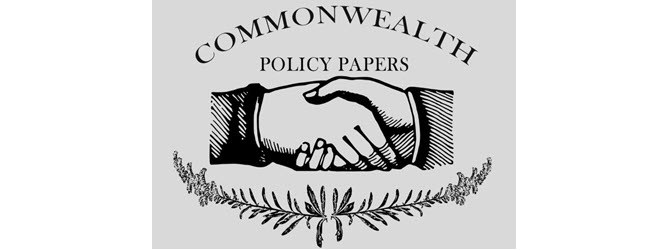
Abstract
Provided here is a policy solution from the backside of Kentucky bourbon and brewing to upcycle Kentucky’s “keystone” wastes and grow businesses in the process. Potential effects range from removing the bottleneck on bourbon production and producing GHG-friendly biogas to lowering the price of milk.This full whitepaper brief provides an incentive model for keystone wastes which have a provider and a use. It is equally applicable for policymakers or advocates wishing to place a policy incentive behind waste-to-product upcycling, businesses involved with methane sequestration & renewable biogas energy, and shifting regulatory and penalizing models of pollution into incentive model for alternate pollutant use while maintaining integrity of environmental standards. This solution was modeled from significant stakeholder feedback on “the backside of bourbon”, and was drafted according to interest-based negotiation principles which are reviewed in detail from the work of materials of Roger Fisher and the Harvard Program on Negotiation. This policy refers to bourbon stillage and spent grain as Kentucky’s “keystone” waste, referring to the similar ecological term “keystone species”. This means a species that is vital to energy transfer throughout the entire ecosystem. Keystone wastes, then, which may be uniquely identified within the political economy of any state, hold great potential to be “upcycled” to extract new economic value from creation of new products or valuable uses, and by being a keystone waste, have those uses proliferate energy throughout the regional economy.
Published briefs in the Commonwealth Policy papers are intended to provide specific examples of novel policies which may be applicable in multiple states and provinces of the U.S., in addition to providing “trickle up” solutions to the Congressional level.
Recommended Citation
Kessler, Samuel C.
(2022)
"Support New Business to Solve Old Problems with Kentucky’s Keystone Waste from Bourbon & Brewing,"
Commonwealth Policy Papers: Vol. 1:
Iss.
1, Article 2.
Available at:
https://ir.library.louisville.edu/cpp/vol1/iss1/2
Included in
Agricultural and Resource Economics Commons, American Politics Commons, Bioresource and Agricultural Engineering Commons, Business Analytics Commons, Economics Commons, Finance and Financial Management Commons, Law and Economics Commons, Legal Writing and Research Commons, Legislation Commons, Operations and Supply Chain Management Commons, Public Affairs, Public Policy and Public Administration Commons, Strategic Management Policy Commons, Systems Science Commons, Taxation Commons
